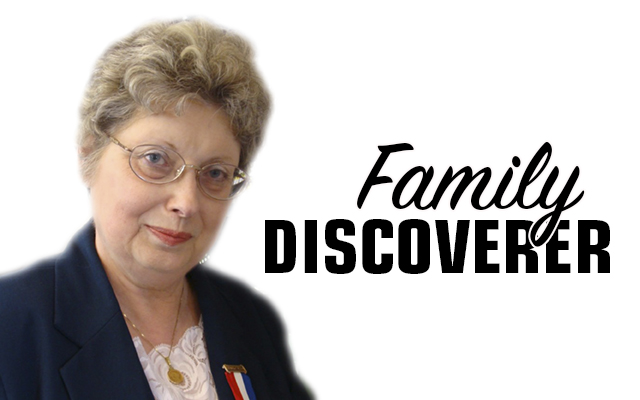You most likely have been told that using wildcards can be helpful in genealogical searching. But, do you know what they are and how they work? Did anyone ever explain this to you? Do you wonder if they’d help you? So, let me try to answer these questions for you.
A wildcard is a symbol, the asterisk, that can be substituted for an unknown letter or letters. It’s as simple as that. The wildcard tells the search engine to look for a name with the letters you’re sure of or reasonably sure of. Let’s say you’re searching for someone with the surname Douglas but you’ve found variations such as Duglas, Dugles, Dougal, and others. Common to all of them is the D, g, l, and sometimes s. So you might try D*l*s. That should yield a lot of hits. If that doesn’t work try eliminating one letter and try again.
If you’re uncertain about the ending of a name, the question mark can be used to indicate the search engine shouldn’t discount possible endings that differ with your known spelling such as D*gl?
Why is all this necessary? Well, in the past spelling rules weren’t just flexible, they more or less didn’t exist. Census takers, town clerks, and other officials often could be creative in spelling names. I’m being kind. The truth is they mangled surnames and given names all the time. They butchered my maiden name. Sometimes names were written down phonetically, sometimes just the clerk’s version of how he thought a name should look. Sometimes they were written the way a name was pronounced and local dialects could make a name unrecognizable.
As you can see from the Douglas name above it wasn’t just foreign or ethnic names that were mangled. Even the most Anglo or in that case Scottish names can be difficult to locate.
The other problem you may run into is with passenger ship lists and naturalization records. If the person creating the ship list didn’t speak the passenger’s language, he’d write down what he thought he heard. When my Scots ancestor was taken prisoner and shipped off to America after a rebellion against the English King his name was recorded as Wattles instead of Waddell. He learned English but stuck with Wattles as his surname.
You’re also likely to run into records that have been damaged or faded and transcribing them is difficult. We’ve all squinted at a record trying to make out details to decide if this is our ancestor.
In cases such as these, wildcards can be invaluable tools. That doesn’t mean they will necessarily always yield your ancestor’s record. It’s sad but true that with human indexers, machine scanners, and original record keepers, names can end up being unrecognizable. A Bragg ancestor was Gregg in one census and Brays in another.
Always be flexible in searching. Try different spellings. Sound out the name and be willing to keep trying different letters and combinations. Use wildcards as an aid and good luck.
Columnist Nancy Battick of Dover-Foxcroft has researched genealogy for over 30 years. She is past president of the Maine Genealogical Society, author of several genealogical articles and co-transcribed the Vital Records of Dover-Foxcroft. Nancy holds an MA in History from UM and lives in DF with her husband, Jack, another avid genealogist. Reader emails are welcome at nbattick@roadrunner.com.








